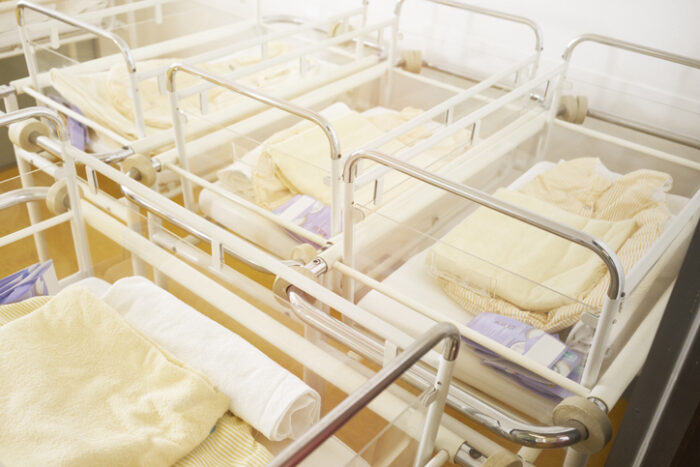
A Japanese Cabinet minister in charge of tackling the country’s declining birthrate unveiled a draft proposal Friday aimed at reversing the downtrend, including increased subsidies for childrearing and education and a salary increase for younger workers to incentivise marrying and having kids.
Children’s Policies Minister Masanobu Ogura said the next few years are possibly “a last chance” for Japan to reverse its declining births.
Ogura’s plan proposes increased financial assistance, including more government subsidies for childrearing, more generous student loans for higher education and greater access to childcare services. It also aims to change the cultural mindset toward more gender equality both at work and at home. The proposal also includes increased government assistance to companies to encourage more of male staff to take paternity leave, which has been a point of contention for working fathers fearing retaliation.
“While diverse views about marriage, childbirth and childrearing should be respected, we want to make a society where young generations can marry, have and raise children as they wish,” Ogura said. “The basic direction of our measures to tackle low births is to reverse the trend of declining births by supporting individuals’ pursuit of happiness.”

Discrimination against Christians is rife in the workplace, especially in the public sector, a new UK study has found.
A survey conducted by the Catholic Union said that religious freedom was a “blind spot” for employers actively mistreating and discriminating against people because of their faith.
In a poll of 222 members and supporters, almost a third of respondents (31 per cent) said they had felt disadvantaged at work because of their faith.
Almost three quarters of these instances (73 per cent) occurred in the public sector, the survey revealed.
The survey was carried out to gather evidence to a Parliamentary inquiry into human rights at work, which includes a section on freedom of religion and expression.
The Catholic Union’s survey highlighted particular problems in hospitals, universities and the police.
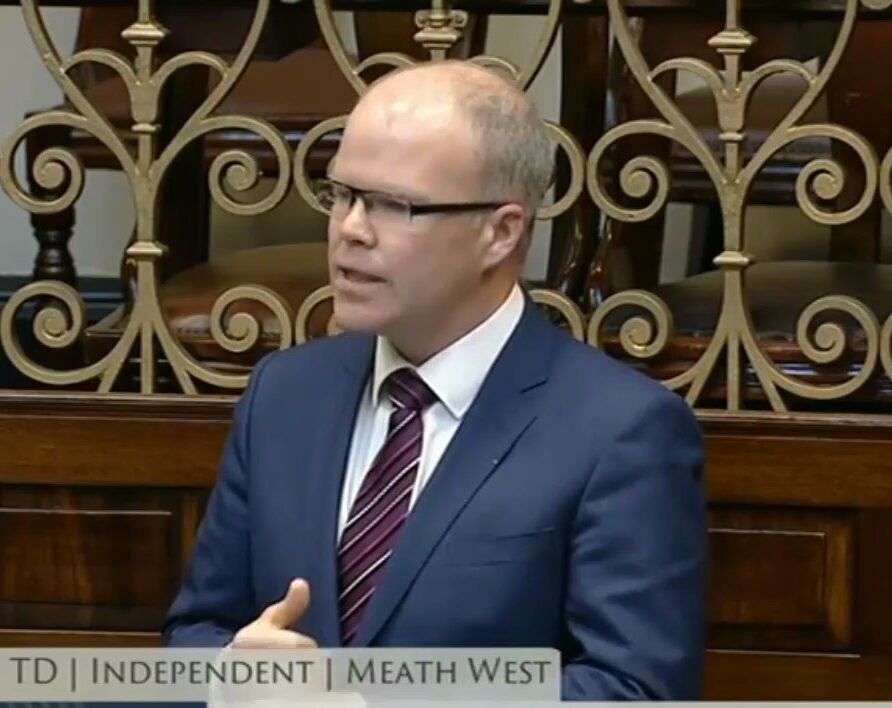
There is increasing concern that the review initiated by the government of the operation of the country’s abortion law will not take a balanced approached to the matter, according to the leader of Aontú.
Meath West TD Peadar Tóibín noted the thousands of lives lost to abortion since its legalisation, the great majority of which are for socio-economic reasons, and yet, “all the information that has leaked out of the abortion review seems to be going in one direction, how to deregulate abortion law in Ireland further”.
“At a time when mothers are homeless and pregnant much more needs to be done to see what supports can be put in place to make mothers feel that they actually have a choice”.
Media reports say the Review claims the system could collapse, unless the Government acts, as 90% of doctors refuse to carry out abortions.
Deputy Toibin said most doctors became doctors to save lives, not to end lives.
“The review seems to question whether doctors who object to participate in abortions on humanitarian grounds can be censured. The government must not try to deliver abortions by forcing and pressurising medics to break their commitment to be compassionate and humane”.
He also questioned the focus on getting rid of the 3-day waiting time before an abortion as the procedure is an irreversible decision and the baby cannot be brought back to life after an abortion.
“The enormity of this decision should allow for some time to think things through, to look at the life and death consequences and to potentially research positive life affirming options”.
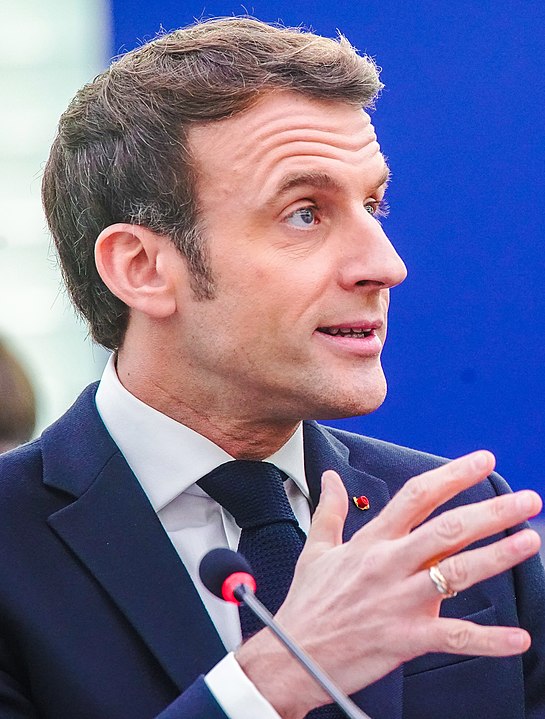
France could soon legalise euthanasia for the terminally ill after Emmanuel Macron called for a law on a “French model on the end of life” within months.
The French president on Monday pledged to table a draft law on a so-called ‘right to die’ by the “end of summer,” a day after a citizens assembly called for legislation to be changed.
Mr Macron said the bill would build on the work of a group of 184 randomly-appointed French citizens who have debated the issue since December.
In conclusions handed to the French president this weekend, some 76 per cent of the citizen’s council said they favoured assisted suicide in some form.
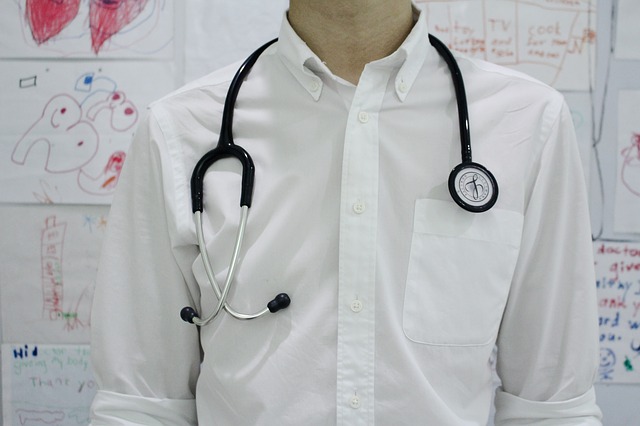
There has been a call to circumscribe the use of conscientious objection as Ireland’s system of providing abortions comes under strain.
Academic, Dr Deirdre Duffy was appointed by the Government to examine the working of the current system. She identified issues around guidance on conscientious objection as well shortcomings in the spread of services available around the country and the availability of staff and facilities in hospitals.
Regarding conscientious objection, she said there was regulation and guidance but their research had uncovered evidence of conscientious objection being interpreted in various ways that was not ‘consistent’ with these regulations. It was not clear what she meant by this and pro-life groups are concerned it may lead to conscience rights being curtailed.
“Where someone breaches their obligations in a hospital, it is almost impossible to challenge them. If you take someone off the ward for unprofessional conduct for example, there may be no one there to fill their post,” she said. “There is a lack of consistent management of conscientious objection.”
Dr Duffy said the availability of facilities and staff were major issues and there were instances of people being sent back from operating theatres or “timing out” of abortion access because of this.
In a tweet, Aontu said: “90% of doctors refuse to carry out abortions. Most doctors became doctors to save lives, not to end lives. Now the government are seeking ways of forcing medics to participate in abortions against their conscience.“

The Irish author, John Banville, has described the Catholic Church as an “evil” institution that should be “abolished”.
In his latest novel, “The Lock-Up”, the Booker Prize winner features the Church in a malign role: interfering in an investigation into the murder of a pro-abortion campaigner.
In an interview with the Daily Telegraph, Banville revealed his personal feelings about the ecclesial body: “I think it’s an evil institution. It should be abolished. It’s not just the child abuse, but the suppression of women, the hatred of the flesh”.
He added: “My poor mother used to say to me: ‘Laughing will turn to crying.’ She wouldn’t have been like that otherwise. At the end of her life she realised that she’d been had. This whole religious thing was nonsense. It’s a power structure run by men.”
He concluded, “Obviously I’m now prepared for the Catholic equivalent of a fatwa.”
Veteran journalist, Mary Kenny, said his attitude called to mind the penal laws.
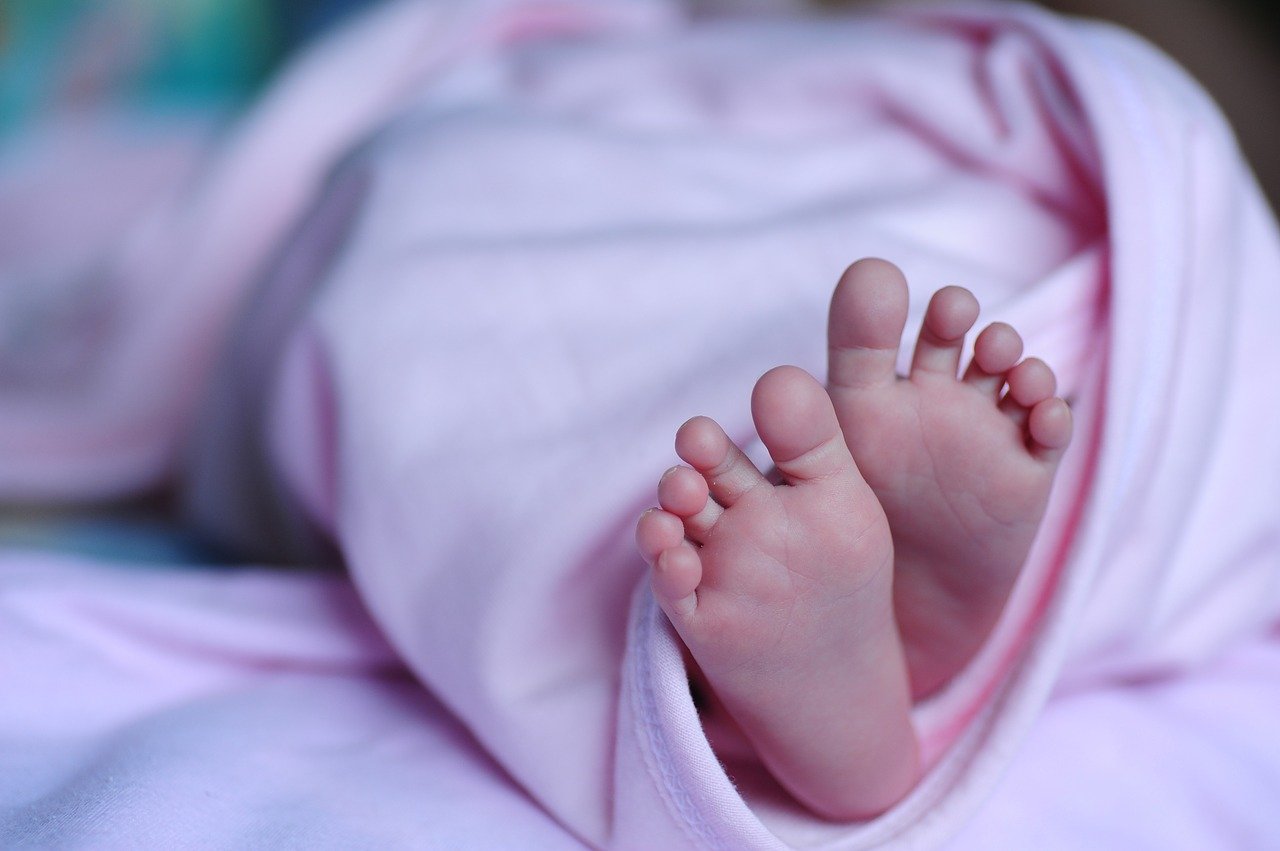
‘The National Maternity Hospital (NMH) now allows parents to register a newborn baby with their sex unspecified after its IT system was updated four years ago.
Mary Brosnan, director of midwifery and nursing at the NMH, said the parental decision to register a baby with their sex unspecified was “a rare occurrence” and that only three couples had chosen to do so in the past two years.
“It’s a cultural change, we try to make sure that people are respectful of everybody’s wishes, and try not to upset anybody by using the terms male or female if that’s what a couple don’t want to do,” she told The Sunday Times yesterday.
“But it’s certainly a challenge because I suppose we’re conditioned to welcoming somebody into the world as a boy or a girl and there’s a lot of discussion around the name.”’
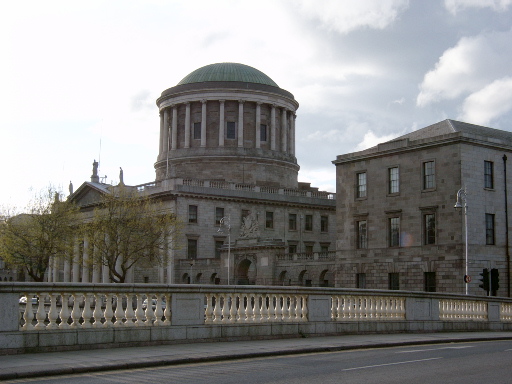
In doing so, the judges dismissed an appeal by the Adoption Authority of Ireland against a High Court order that facilitated recognition of an adoption order made by a US state court in respect of the Northern Irish man and the two children.
The authority wanted clarity on points of law and public policy relating to its ability to register foreign adoptions arising from surrogacy arrangements.
Under the Adoption Act of 2010, the authority may recognise a foreign domestic adoption “unless contrary to public policy”. There is a prohibition under the Act against “receiving, making or giving certain payments and rewards” as part of an adoption agreement.
A woman donated an egg, while another woman in the US carried and gave birth to the children pursuant to a commercial arrangement that agreed the NOrthern Irish man and his partner were the intended parents.
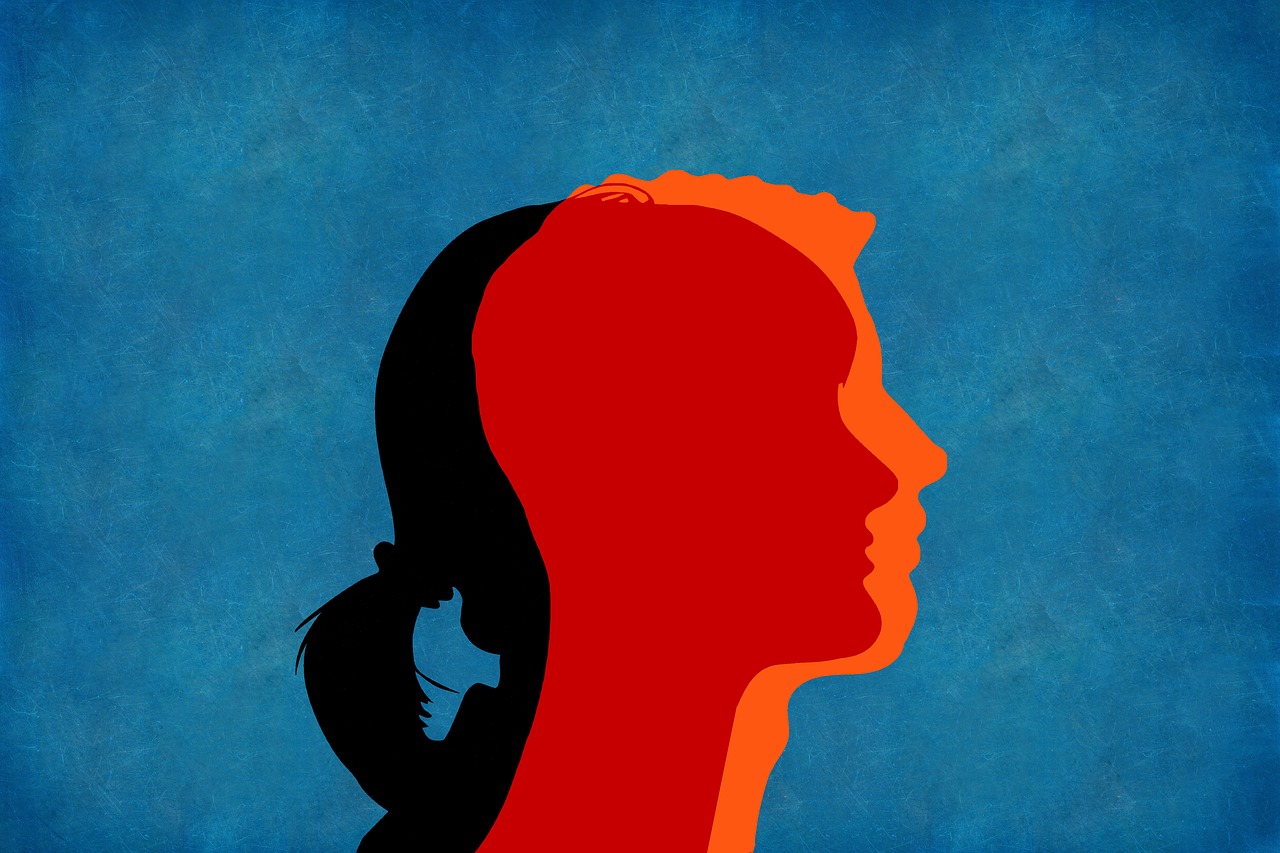
The letter said the bishops are ready “to accompany all” – but also stresses that accompaniment has the goal of conformity with Church teaching.
The Bishops grant their support of some aspirations of the contemporary movement for LGBT rights, and condemns unjust discrimination of any kind.
But, they add that when a “view of human nature that abstracts from the embodied integrity of personhood, as if physical gender were accidental” is put forward, “we must dissent”.
Further to this, “we protest when such a view is imposed on children as if it were not a daring hypothesis but a proven truth”.
The bishops, writing in the name of the Scandinavian Bishops’ Conference, related these points of dissension to Christianity’s conception of personhood as intrinsically embodied.
This embodiment is especially manifest in the “complementarity of male and female”, itself “sanctified in nuptial union” and “perfected in the Lamb’s marriage feast at the end of history.
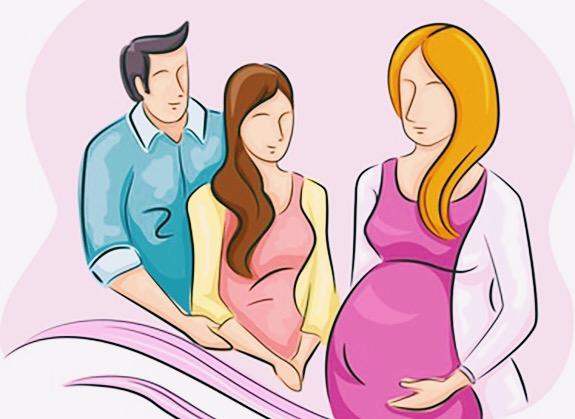
In the UK, parents of children born through surrogacy will become the child’s legal parents at birth under proposed legal changes in a move that ignores all ethical criticisms of surrogacy including that it commodifies babies and exploits low-income women who rent out their wombs to make a living.
After consulting on surrogacy reforms in 2019, the Law Commission of England and Wales and the Scottish Law Commission published their final report detailing a new system to govern surrogacy.
Family law commissioner Professor Nick Hopkins said surrogacy has been increasingly used in recent years to form families ‘but our decades-old laws are outdated and not fit for purpose’. Many European countries ban surrogacy in all forms because of ethical concerns.
Under the current law, the legal mother of the child is the surrogate and the father or second parent is usually either the surrogate’s spouse or civil partner. An ‘intended parent’ can use the Human Fertilisation and Embryology Act 2008 to become a second parent. However, often at the time of birth, neither, or at most only one, of the intended parents will be the legal parent.